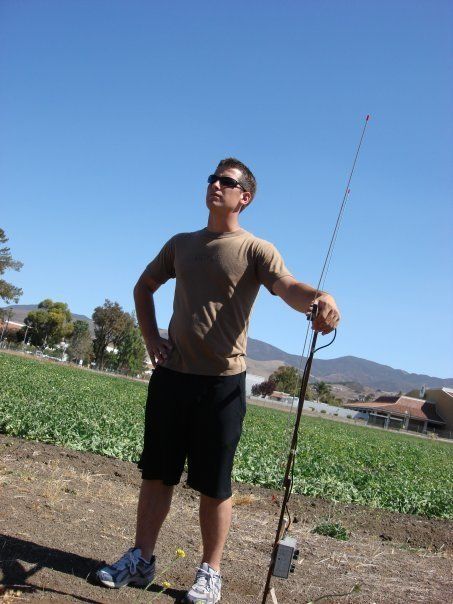Teamwork

Mike Doyle
Founder
Mike is a full-time police officer and tactical medic. He currently works as a K9 handler, SWAT team member, and Police Trainer. Mike started Tactical Tangents as part of his fundamental purpose to save lives. His goal is to enhance the survival of police officers and concerned citizens by helping them become better, smarter, faster, and more efficient. His opinions are for informational purposes only and do not reflect those of his employer or any other government agency.
Getting the Band Together
Some people are daring and some are risk-averse. There are process people and results people. For every rebel, there’s an i-dotting, t-crossing rules follower. All these personality types can bring something to a team; this kind of diversity really is strength! Selecting opposites that compliment each other is a valuable leadership skill. Most important is the self-awareness of what you bring to your team, and who can back you up in your blind spot.
The Inner Game of Thriving
Tactical skills and physical fitness can help survive the fight, but what about emotional fitness after the fight is over? In addition to common symptoms like sleep disruption and reliving the incident, high responders may find themselves in the uncomfortable position of feeling isolated and out of control afterward. In this episode Ross & Mike talk about therapy resources, the importance of finding meaning outside the job, and preventative care ahead of time for mental resilience in the wake of a critical incident.
No Shi…Kidding, There I was…
Hard landings, cockpit equipment malfunctions, fires, and near-miss almost midair collisions while in an inverted spin, these situations that were terrifying at the time can be humorous in retrospect as long as everyone lived. More importantly, they all offer the sort of lessons that can’t be learned from a PowerPoint presentation, only by things going badly wrong in real time.Jim’s here to pass his hard won lessons on to you. And watch out for pterodactyls!
Who are the people in your group who make the difference between a “loose gaggle” and a high-performance team? Today we want to give a high-five and a handshake to the informal leaders—the unappointed low- or middle-man who owns their mistakes, never makes excuses, and humbly accepts criticism. You might be asking yourself, doesn’t that just make them a good follower? And the answer is no.
Leadership is all about influence, confidence, and cooperation. Leadership is the quality that makes elite teams better than teams that are just OK. The first thing we need to understand about cohesive groups is that being a team player doesn’t necessarily mean being the strongest jock who can carry all of the weight—that guy is not going to make it to the end-zone if the rest of us don’t enable him to get there. Teamwork is about understanding and carrying your share of the work—know your job, and do it well, because the efforts of every team member affect the final output. Teamwork means recognizing that everyone has something to bring to the table. Teamwork also means knowing your buddy’s job so you can anticipate his or her needs. And if you see your bosses as members of the team (which you should) that means deciding when to go with the flow and when to speak up and give your input. Even the new guy can affect the team’s performance by setting the standard for the group and not being someone to worry about. A good team becomes great when everyone leads, everyone takes pride and ownership in the output, and everyone is held accountable.
High-performance teams still have people in charge. The bosses are the figurehead—they are responsible for running interference, looking forward and outward, and having a vision for the future. An effective commander handles his or her share of the work by trusting and empowering the other leaders in the team to get the smaller-scale, more immediate tasks done, all the way down to the lowest ranking guy or gal in the pack who understands his role, and can be trusted with that role—whatever it may be. The person in charge has a plan and calls the shots, but good subordinate leaders know when to stay on task and when to make adjustments on their own initiative. Good bosses know to trust, encourage, and most importantly—support—those adjustments.
Human dynamics are not perfect. You are going to find that some leaders are better than others, and sometimes the people in charge are not the best pick. Politics and bureaucracy will always create interference—but if you look around, you’ll be surprised to find that effective, informal leaders always find a way to navigate those obstacles. The ones who carry their weight, don’t make excuses, and gain your confidence—those are the ones you want to watch for. Those are the ones you want to emulate. Be that guy. If you want to read more about teamwork, check out a post we did a while back here.

0 Comments